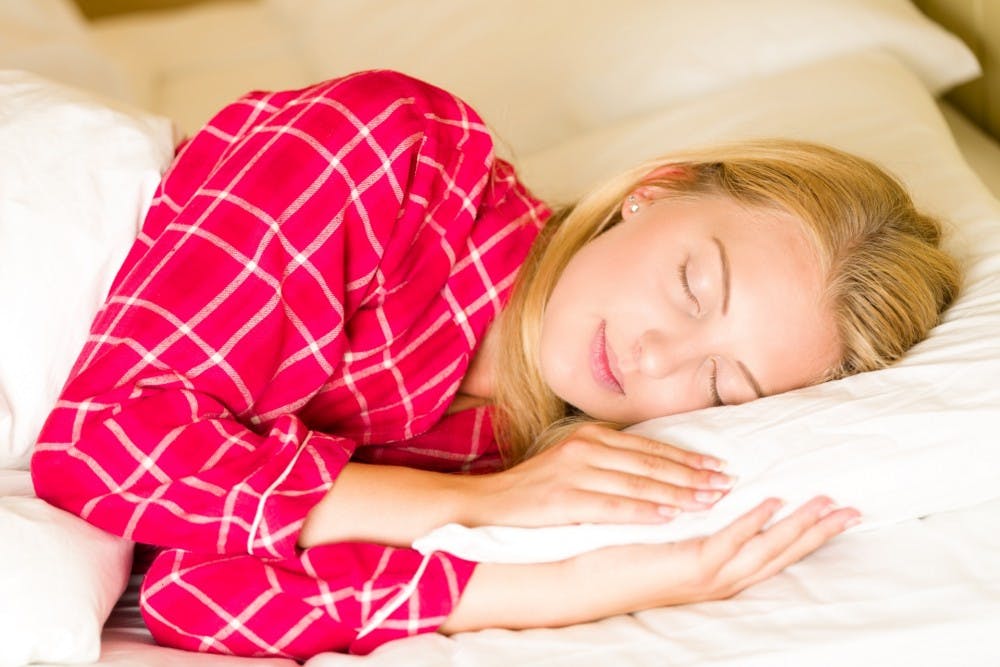In a study published in Chronobiology International, researchers at the Feinberg School of Medicine at Northwestern University and the University of Surrey in the United Kingdom have discovered a correlation between chronotypes (the time a person prefers to sleep) and mortality.
There are two chronotypes: evening and morning. Evening people, also known as “night owls,” tend to be the most active during the night. These individuals usually sleep late and wake up even later. Morning people, on the other hand, are commonly known as “larks.” They prefer sleeping early and waking up early. Morning people typically follow the body’s circadian rhythm.
The circadian rhythm is a 24-hour biological clock that regulates cycles of brain activity and drowsiness. This sleep/wake cycle is regulated by the hypothalamus.
In the study, 433,268 individuals between the ages of 38 and 73 years old were asked to complete a survey on how they define their chronotype: definite morning type, moderate morning type, moderate evening type or definite evening type.
For 6.5 years, the researchers tracked the number of participant deaths. The results indicated that night owls were 10 percent more likely to die earlier than their “lark” counterparts in both males and females.
Sensory stimuli perceived by an individual from the environment, such as the lightness and darkness, are sent to the hypothalamus which can disrupt the body’s circadian rhythm.
For example, jet lag occurs when the internal circadian rhythm is disrupted and becomes out of sync. This is typical when having shift work or even travelling across several time zones.
For the body to become synced to the environment, a series of hormonal regulation occurs to bring the body back to its “normal” conditions.
Disrupting the circadian rhythm can cause many health issues.
Studies have found that those who sleep later have higher rates of diabetes and various neurological disorders.
Kristen Knutson, an associate professor of Neurology at the Feinberg School of Medicine, provided some plausible explanations for this observation.
“It could be that people who are up late have an internal biological clock that doesn’t match their external environment,” Knutson said in a press release. “It could be psychological stress, eating at the wrong time for their body, not exercising enough, not sleeping enough, being awake at night by yourself, maybe drug or alcohol use.”
When the body clocks are out of sync with the environment, a lot a stress is put on the body. Subsequently, too much accumulated stress is bad for the health.
In a stressful event, the hypothalamus triggers the release of stress hormones — mainly cortisol and adrenaline. Chronic stress causes these hormones to be released day after day. Prolonged secretion of these hormones can negatively impact one’s health.
Too much stress weakens the immune system, causing individuals to be more prone to infections.
In addition, stress raises the blood pressure and heart rate which both increases the risk of a heart attack.
Disrupting the body’s circadian rhythm can impact the onset of cardiovascular diseases, respiratory diseases, gastrointestinal problems and several psychological disorders as well.
“One way to shift your behavior is to make sure you are exposed to light early in the morning but not at night,” Knutson said. “Try to keep a regular bedtime... [adopt] healthy lifestyle behaviors. Do things earlier and be less of an evening person as much as you can.”





